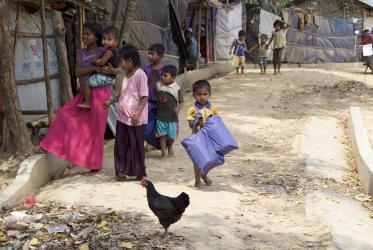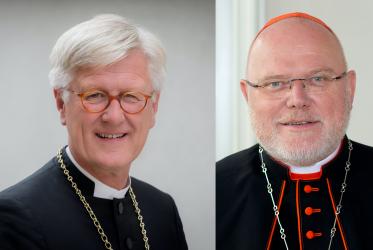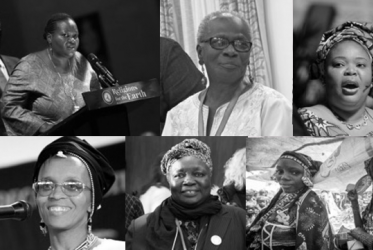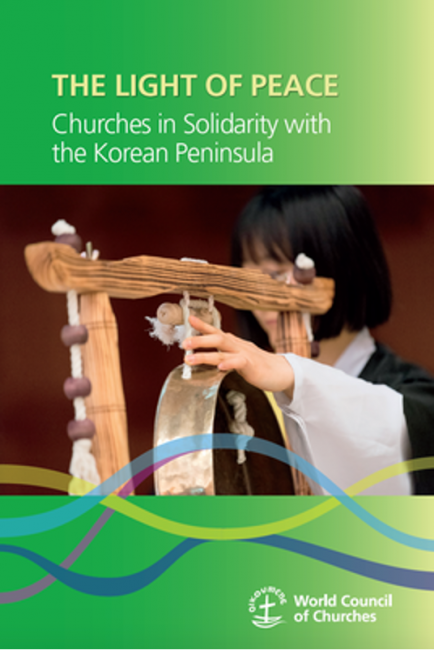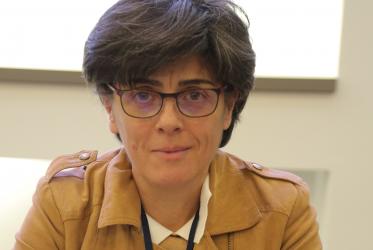Displaying 81 - 100 of 359
11 - 13 February 2021
“From faith to action” conference will explore ways to protect children’s rights affected by migration
10 - 11 December 2020
Online
WCC stands behind “Statement on Faith in Action for Children”
26 November 2020
Brazilian churches call for transformative racial justice
23 November 2020
WCC executive committee maps future with hope in uncertain times
19 November 2020
Driven by God’s grace and a sense of duty
05 November 2020
Healing Together
A Facilitator’s Resource for Ecumenical Faith and Community-Based Counselling
15 October 2020
Hope prevails in times of crisis in Lebanon
14 September 2020
Bossey students testimony
26 June 2020
A visionary missionary heads home
25 March 2020

